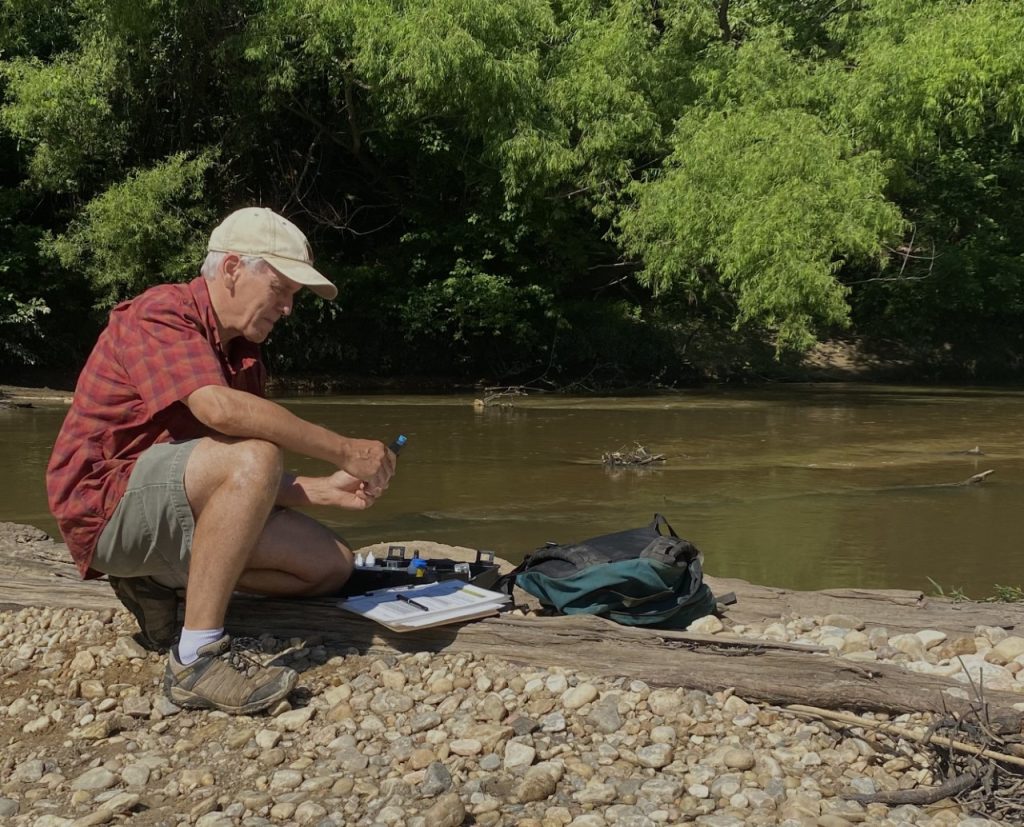WE ARE CURRENTLY RECEIVING APPLICATIONS FOR THE AWW MONITOR ASSISTANCE PROGRAM!!
AWW Tiger Giving Project, Protect Alabama Waterways, Mini-grant Program is now called the AWW Monitor Assistance Program!
Application: https://auburn.qualtrics.com/jfe/form/SV_daIXmygs0Vctd4O
If you are a certified AWW monitor and need some help to get started monitoring at an abandoned or new site, in the form of a water chemistry test kit, water chemistry reagents to refill an existing kit, bacteria supplies, or stream biomonitorign materials this mini-grant program is for you!
Please note: Funding is limited and demands are high for monitoring supplies among our volunteers. Please, only request materials if you are serious about your plans to monitor.










